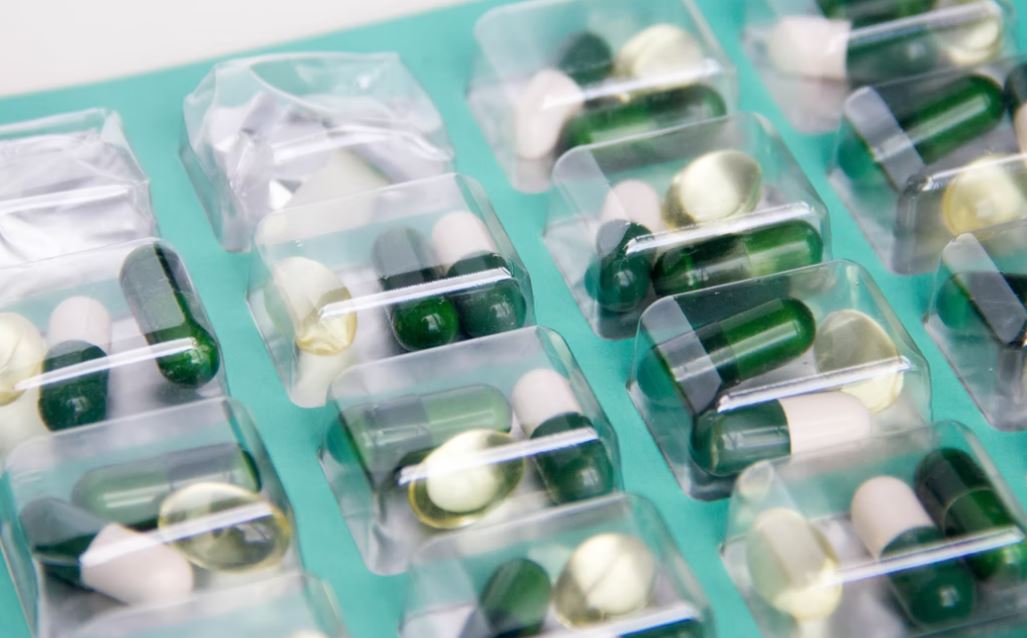Most medications that people take are fine sitting in a medicine cabinet at room temperature. Some do need to be kept cool, however. They don’t necessarily need a PHC ULT freezer for medications that go down to well below 0°F, but some can’t be kept at room temperature.
There are active chemicals in all medications that change the molecular structure when they are exposed to different temperatures. These changes have the potential to make the medication less effective. In some cases, they become dangerous to use and can cause some serious problems.
In this article, we will go over some of the things to keep in mind when it comes to the effects that temperature has on medications.
Recommended temperature for storage
The key thing to understand about temperature and medications is stability. Most medications are stable at room temperature and don’t need any special considerations with regards to keeping them at a certain temperature. There are some that will be better at lower than room temperature to remain stable.
One constant, however, is that there are no medications that can be stored at temperatures above 86°F. At that temperature and above, the formula will eventually begin to degrade. On the flip side, some medications won’t do well under 52°F such as some liquid antibiotics.
There are even some medications that must be stored at room temperature and not only can they not exceed 86° but they also can’t get too cold. This presents a problem for shipping of some medications which is why very cold parts of the world, as well as tropical areas, need to be extra cautious about how medications are shipped.
Factors that alter the temperature of the medications
What condition the medication is in when it gets to you is out of your control. You have to trust that the delivery method to get the medication to the pharmacy is rigorously controlled. What happens after you’ve picked up your prescription, however, is in your control so you have to take some precautions.
In homes that don’t have air conditioning, there could be a potential problem in that the medication is not being stored at the right temperature. During the summer it is important to have a small fridge that can be set to somewhere between 53°F and 75°F to keep your medication from degrading.
For those that do have air conditioning, you do need to be concerned about if you lose power if you rely on your prescriptions. In this case, you should make sure to have a generator that can keep the lights and air conditioning on so you don’t lose your medications to the heat.
You should also be careful about keeping medication in your car. Try to make the pharmacy your last stop if it is hot out so you don’t risk it sitting in the heat for too long. Temperatures can reach well over 100°F very quickly even on a moderately hot day. If they stay in that temperature for a few hours then this will be a problem.




